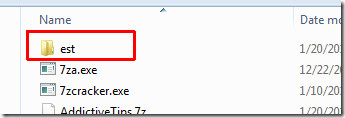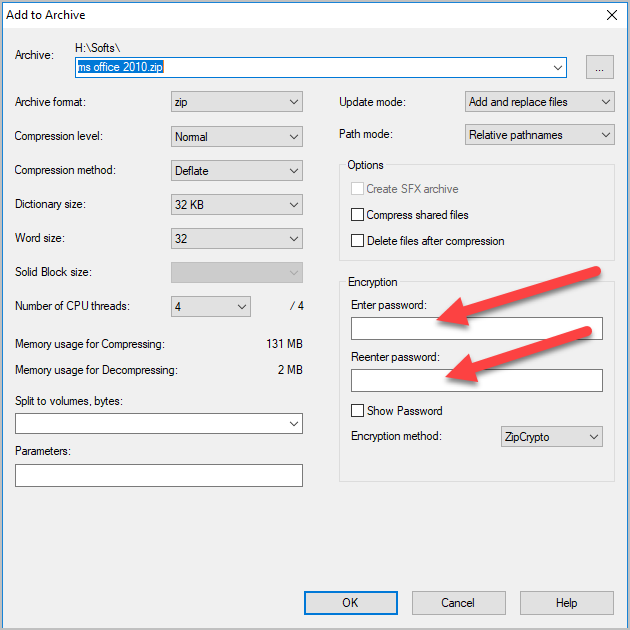
You would probably need to jump through these hoops again when you re-build the zip file, otherwise. Personally, I prefer doing the second option, so that way I don’t have to keep getting UAC privileges elevated. Windows Explorer should prompt you for UAC elevation at that time.
Lastly, you can save the file to your desktop, then copy and paste it to the original destination through Windows Explorer. Work with the files within your user profile folder (c:Users): For example, if you extract Book1.xlsx to a folder on your Desktop (C:UsersDesktopBook1), you should be able to edit any files in there without needing to elevate UAC permissions. Then open the file you want to edit from the File > Open menu item in Notepad, make your changes and you shouldn’t have a problem saving them. Run notepad.exe as admin: right click the Notepad icon, choose “Run as Admin”. There’s a few ways you can approach this: UAC elevation occurs when you see a prompt like this: Click the Options tab in the Actions pane and choose Encryption Settings. Enter a secure password when the dialog box appears. Drag and drop your files to the center NewZip.zip pane. You probably need to be running in a UAC elevated context. Password protect a zip file (Windows 10 and macOS) Open WinZip and click Encrypt in the Actions pane. At line : 10 char : 3 + sz <<<< x $7zf "-p$7zp" $7zo + CategoryInfo : ObjectNotFound : ( sz : String ), CommandNotFoundException + FullyQualifiedErrorId : CommandNotFoundExceptionhmm now this.That sounds like it could be from a Windows permissions error. Check the spelling of the name, or if a path was included, verify that the path is correct and try again. At line : 1 char : 19 + set-alias sz $env : <<<< "C:\Program Files\7-Zip\7z.exe" + CategoryInfo : InvalidArgument : ( : ), PSArgumentException + FullyQualifiedErrorId : Argument The term 'sz' is not recognized as the name of a cmdlet, function, script file, or operable program. Change the value of the "path" argument and run the operation again. 
$7zo = "-aoa" sz x $7zf "-p$7zp" $7zo Cannot process argument because the value of argument "path" is invalid. This will not rename the new files, just the old ones already there.

New files extracted will have a number appending to their names. Use this for files where the earliest version is most important. # -aos Skip over existing files without overwriting. download full version.

Use it when the new versions are preferred. Rar File Password Unlocker Full Version Free Download. Powershell PS C : \ Users \ maijaz > set-alias sz $env : "C:\Program Files\7-Zip\7z.exe" $7zf = "" $7zp = "123456" #password # -aoa This switch overwrites all destination files.







 0 kommentar(er)
0 kommentar(er)
